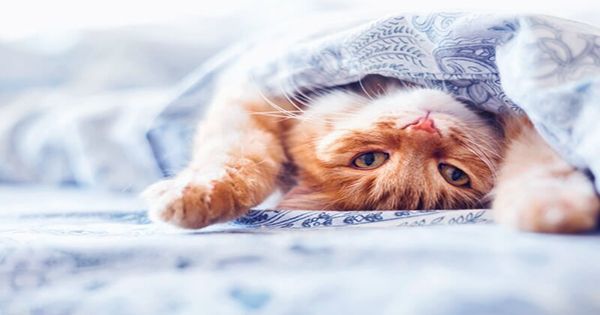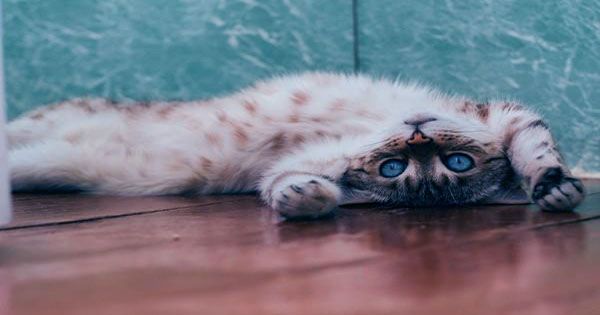Defining our own personalities has become a bit of a craze, with a slew of new tests aimed at figuring out the core of who we are. And now our kitties might be able to join in the fun. Move over Myers-Briggs and the “Big Five,” because a new feline-focused study has discovered that cats, too, have a shortlist of purr-sonality features.
Our feline friends’ personalities and actions are determined by seven features, according to a study published in the journal Animals. Furthermore, these characteristics differ between breeds and could be exploited to help enhance our pets’ welfare.

When it comes to studies, cats are often eclipsed by dogs, therefore there isn’t much on their personalities. “Cats’ behavior and personality are less well understood than dogs’, and there is a necessity for identifying connected problems and risk factors. Salla Mikkola, author, and researcher, stated in a statement, “We need more information and tools to pick out problematic behavior and improve cat welfare.”
The researchers created a 138-question survey for cat owners, with the goal of learning more about their feline companion’s background, health, and behaviors.
The researchers were able to determine the following seven traits based on the replies – five personality traits and two behavioral features:
- Activity/playfulness
- Fearfulness
- Aggression directed at humans
- Sociability with people
- Friendliness toward cats
- Problems with the litterbox (failure to use it or use it well)
- Grooming that is excessive
Breeds, like individuals, have a distinct personality and behavioral qualities, according to the study. According to research author Professor Hannes Lohi, the Russian Blue was the most afraid of the 26 breeds evaluated, while the Abyssinian was the least fearful.
Lohi continued, “The Bengal was the most active breed, while the Persian and Exotic were the most passive.” “The Siamese and Balinese types exhibited the most obsessive grooming, whereas the Turkish Van breed scored much higher in hostility toward humans and lower in sociability toward cats.”
Unlike earlier studies, the team tested the questionnaire’s dependability by having owners fill it out again several months later. As a result, Lohi considers it to be “the most comprehensive and substantial survey to date,” with “great potential for future research.”
“More complicated models will be used to study factors that affect characteristics and problematic behavior,” Mikkola said of future studies. We’ll incorporate the cat’s age, gender, health, and a variety of contextual factors in these models, in addition to its breed.”













